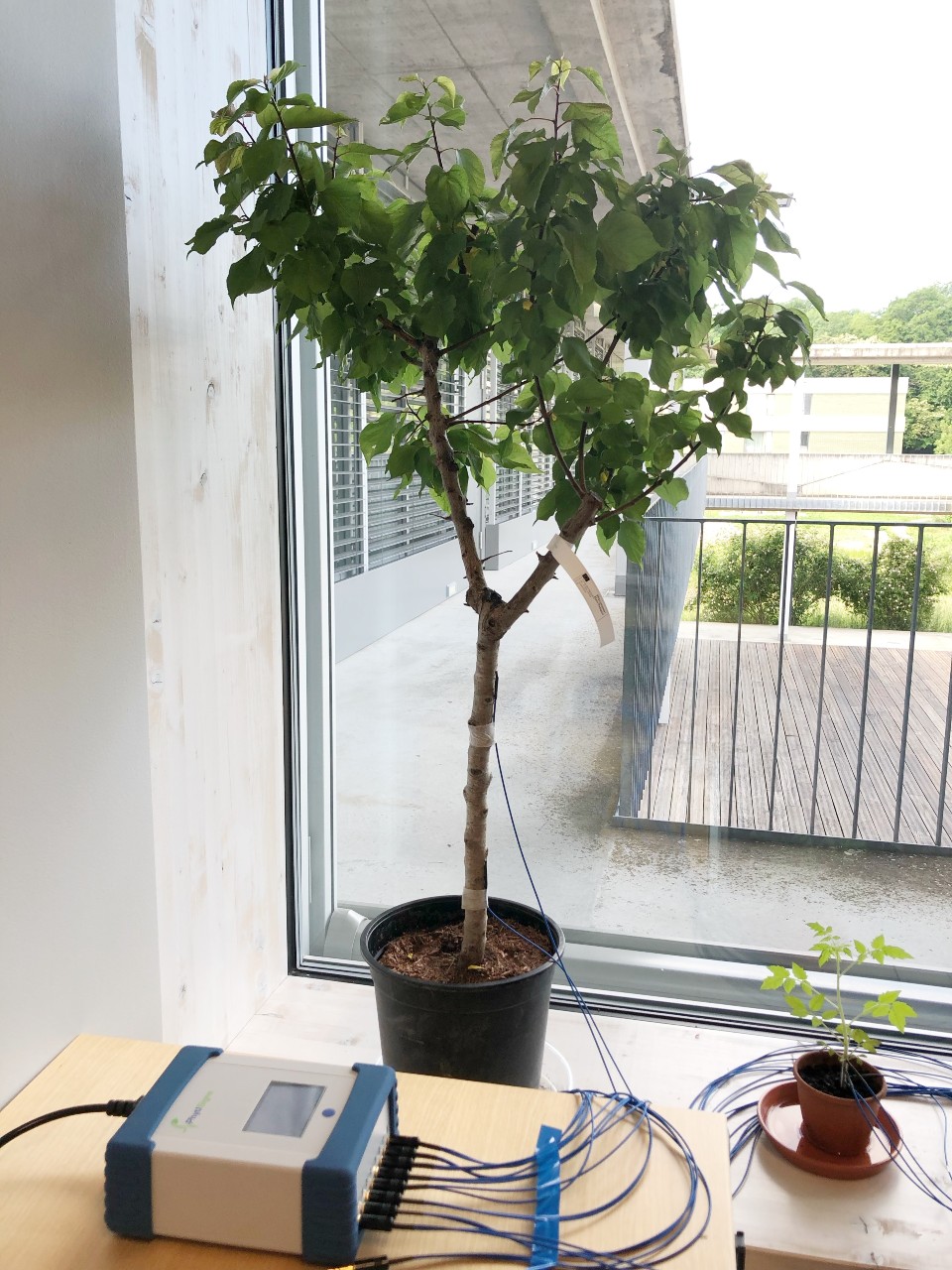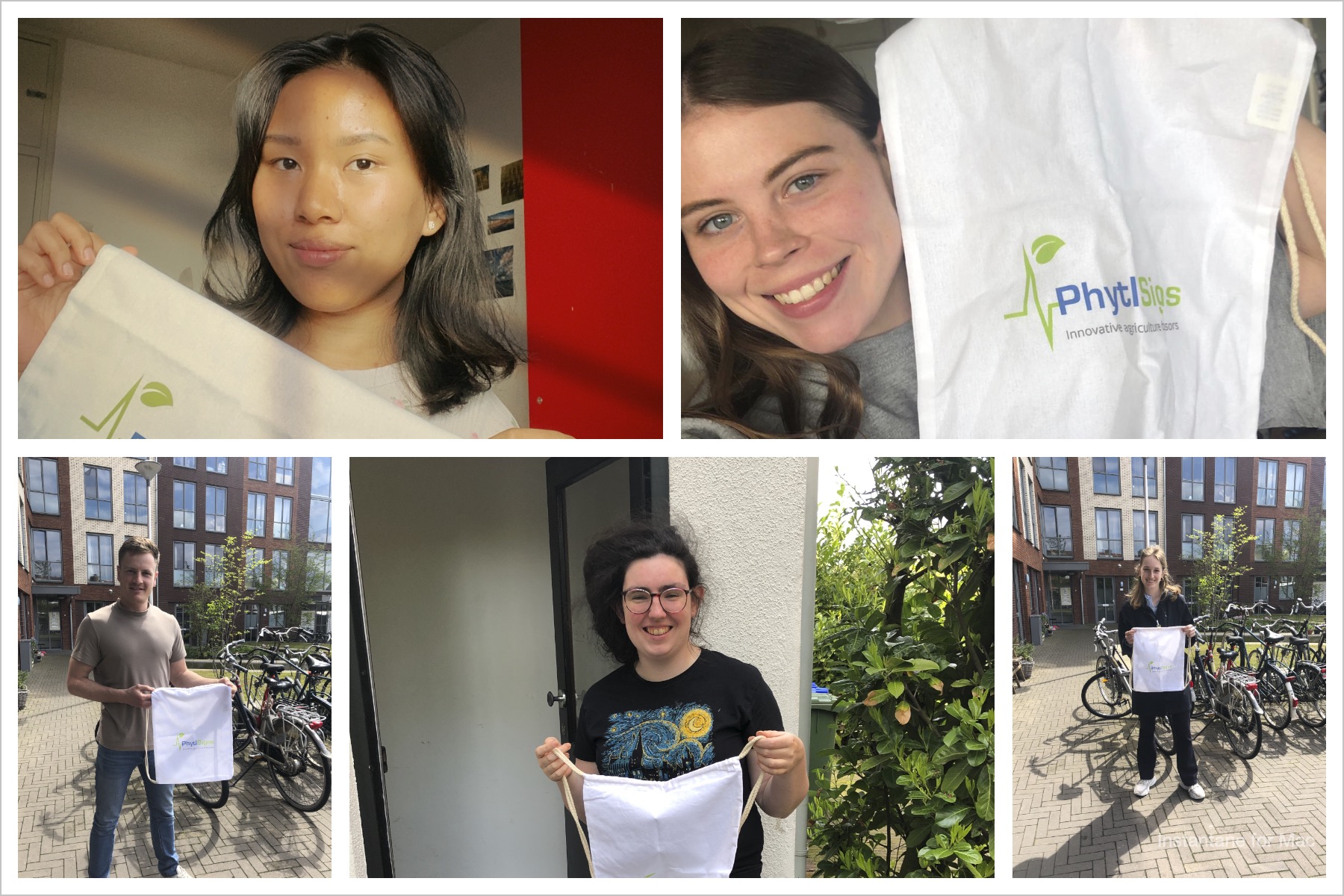
Artificial Intelligence (AI), or more precisely ‘machine learning’, works by training a computer on the outcomes to a question. Most applications rely on questions like “Is this a picture of a dog or a cat?” The computer learns from thousands of pictures, known as training data. The success of the resulting algorithm is measured using test data. Success is measured statistically, for example the AI judges the test data pictures, say, 99.9% correctly.
But what if the question was something like “Is this chemical a good anaesthetic?”. Science doesn’t understand exactly how anaesthetics work. There is a reasonable chance AI would find something new, and entirely surprising. But we still wouldn’t understand how anaesthetics work and we wouldn’t know why the AI picked that particular chemical.
In 2016 Google’s AlphaGo AI system beat the world’s leading Go player, Lee Sedol, 4-1 in a five-match series. In game 2, move 37, AlphaGo played a move that no human would ever consider. It revealed the extraordinary and mysterious power of AI. The machine produced an ‘inhuman’ thought which transformed the game. It’s worth remembering that in Game 4 Sedol’s brilliant move 48 defeated the machine. This is a fascinating insight into the different thought processes of computers and humans. The question is, how are we going to harness outstanding, different, power of AI?
Here at Vivent we are using AI to help interpret signals plants emit in response to changes in their environment with the aim of better understanding plant physiology and developing applications like early warning of plant diseases that help ensure our food chain is safe, secure and as environmentally friendly as possible.
If you want to learn more about AI and how the AlphaGo project changed perceptions about AI check out this article from the Huffington Post or search “Move 37”.




